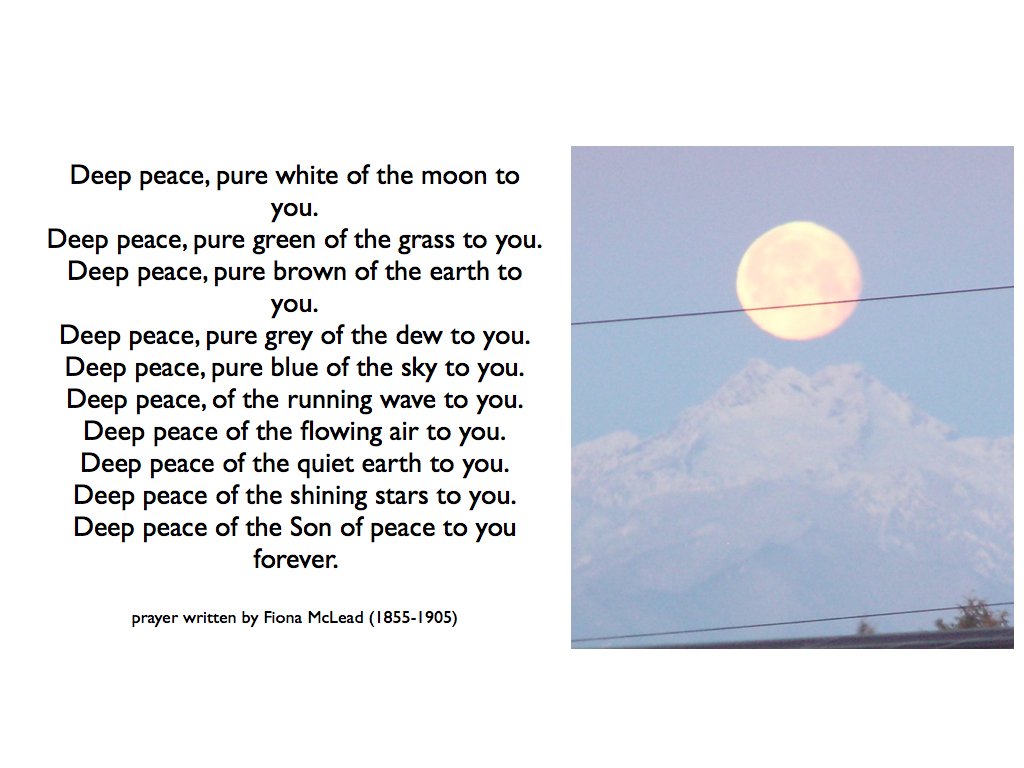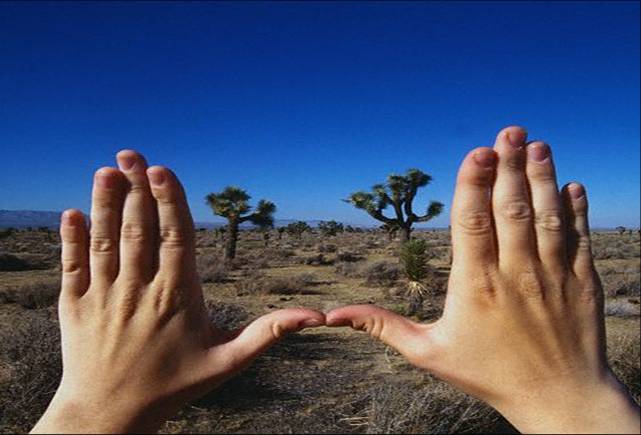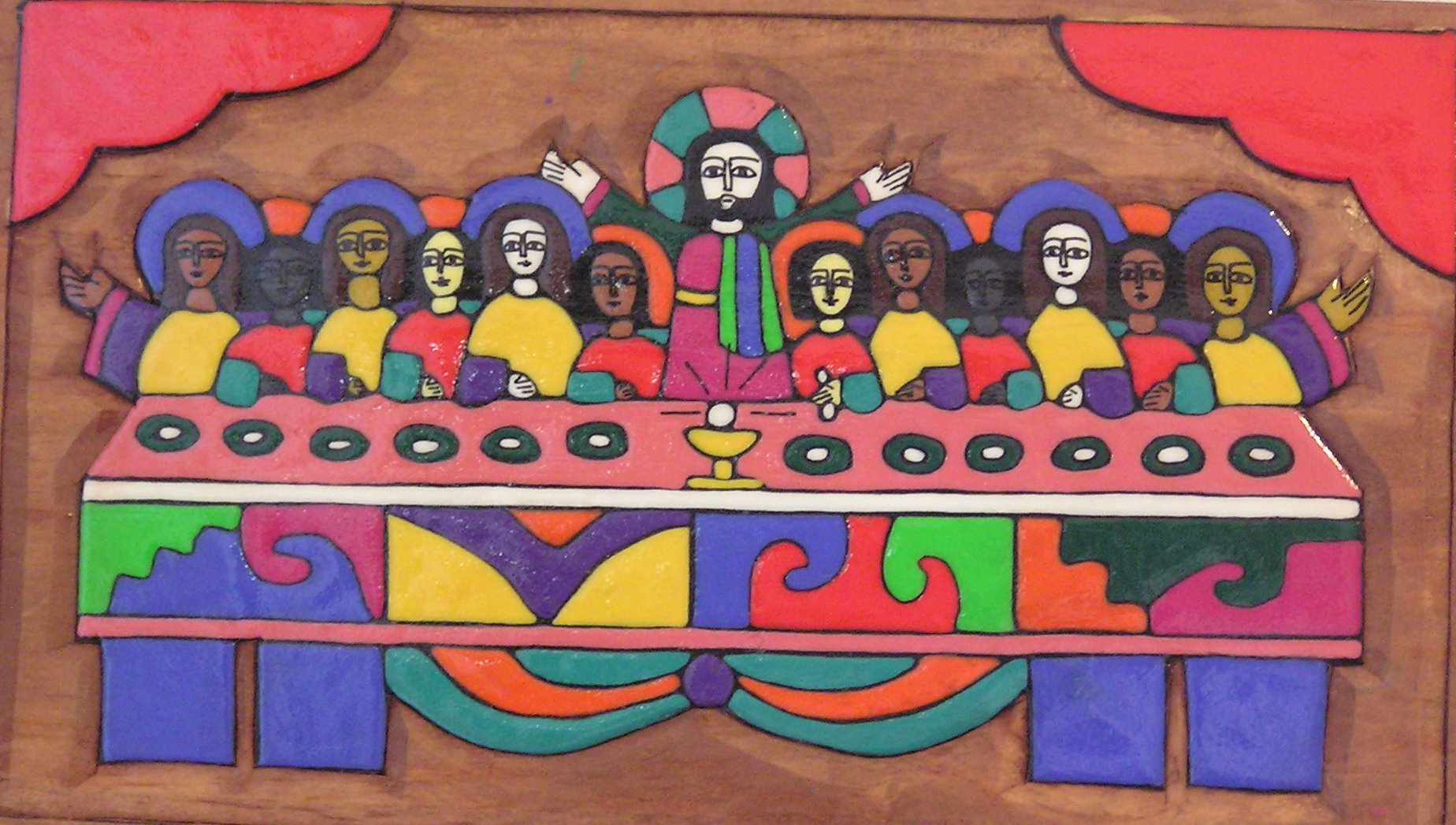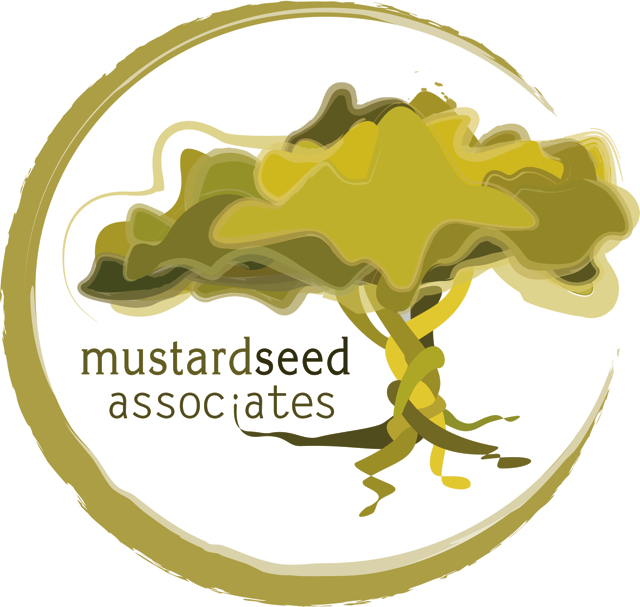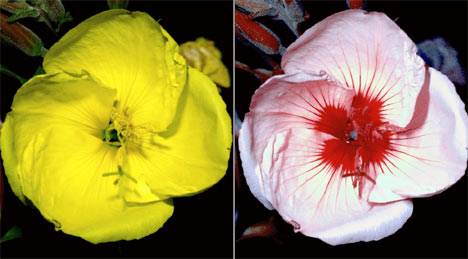Waiting is never easy and often as we await the birth of Christ it is hard to keep our focus on the things that really matter at this season. This year’s Advent video focuses on the joy and anticipation that should fill our hearts during Advent.
| The music is “Wait for the Light” from the CD, VESPERS by Jeff Johnson with Janet Chvatal. © Taizé Community / GIA Publishing Used with permission. |
Below is a low quality version available on our YouTube channel. If you’re interested in purchasing the high quality version for projection, please visit the MSA video resources page.
This evening I have been sitting in Newberg Oregon talking to Randy Woodley about possible ways that urban areas can become more self sustaining which reminded me of one of my favourite urban gardeners Job Ebenezer. It made me realize that I have never blogged about the work of this remarkable man.
Job believes that with inexpensive containers and suitable soil mix, you can create an urban garden virtually anywhere – on roof tops, vacant city lots, brown fields, and unused portion of parking lots. And he uses children’s wading pools to create them.
The president (Dr. Job Ebenezer) of the organization, Technology for the Poor, explains his vision for the spread of urban agriculture.
In 1993, Dr. Job Ebenezer, former Director of Environmental Stewardship and Hunger Education at the Evangelical Lutheran Church in America (ELCA) established a container garden on the roof of the parking garage of the ELCA offices in Chicago. The hope was that the roof top garden would serve as a role model for creative use of urban space throughout the country. Dr. Ebenezer proved the feasibility of growing vegetables in plastic wading pools, used tires and feed sacks.
This morning I posted this prayer on Facebook
Lead us forward Lord,
Let us hold firm to your words of life.
Lead us forward Lord,
Let us delight in your perfections,
And meditate on your ways.
Lead us forward Lord,
You are our light and our salvation,
You are our rock and our fortress,
Lead us forward Lord,
You alone hold the keys to eternal life.
Maybe it is because I am just back from Australia and still on jetlag, maybe it is because Advent is just around the corner (begins December 2nd), maybe it is because I just ordered the first copies of Return to our Senses and am feeling the wonder of having completed this project or maybe it is because the U.S. elections are over and all of us sense the need for direction from God and not from our political leaders. Whatever it is, I feel that this is a great season of the year for reflection and refocusing.
Now is the time to store up the resources we need to stir our imaginations and create new rituals and expressions of faith that guide us through the fast approaching season of Advent in which our hearts ache for the coming of God’s light.
As usual I will host an Advent reflection series during December – I may even begin a little early because Advent is so short this year – just over 3 weeks long. Our theme this year is Let Us Wait As Children Wait. There is still time to participate. So if you would like to contribute a post do let me know.
Also if you are looking for Advent devotionals this year don’t forget Waiting for the Light: A Devotional for Advent and Christmas. It is available in both book and ebook form.
Friday I hope to post my new Advent video for the year but you may also like to check out these videos from previous years.
I also plan to update my Advent resource list early next week so if there are books, websites or other resources that you feel are must haves or must see for the season please let me know.
This morning I was reading the parable of the Great Feast in Luke 14. I was struck by the phrase There is still room for more. God’s lavish invitation to all of us to join the banquet feast of the kingdom is amazing. It is generous beyond our imagining. It is all inclusive of anyone who wants to come. The poor, the lame, the blind and the crippled have been included and there is still room for more.
How different I thought from the exclusivity of our culture. The poor, the lame, the blind and the crippled are rarely invited. We are more likely to be concerned about who we can exclude from the banquet feast rather than who we can include. I can’t help but think about that this morning as I wait for the Presidential election results. So much of the rhetoric has been about cutting back benefits. Who can we exclude from health care and social security? Who can we ignore when the environment is at risk and the corporations want to make more money? Who can we turn our backs on because they are of the wrong faith or ethnicity or gender orientation?
I wonder if part of the reason there is so much empty space at the banquet feast of God is because we don’t want to sit down to eat with those at the margins. So my question today is Who have you invited to the banquet feast of God and who would you like to exclude?
Tom and I will be in Portland next week. Saturday November 10th, in Portland, OR we will gather at The Arbor Lodge (1507 N Rosa Parks Way) from 7-9pm to explore, create and discuss new possibilities for life and community.
Join us for great coffee, conversation and imagination unleashed.
You can sign up on Facebook or just turn up if you are in the Portland area.
Last night I watched David Attenborough’s Kingdom of Plants. It is a fascinating documentary filmed at the Royal Botanical Kew Gardens in England. I was particularly intrigued by the very different view that insects have of flowers. Their ultra-violet viewpoint totally transforms what the flower looks like.
We see the flower on the left, the insect sees the image on the right beckoning it to come and pollinate. Our perceptions of life are so limited. We can’t smell like a dog, see like an insect or hear like a bat.
Why therefore do we think that our perceptions of faith are any more complete? Faith is the confidence that what we hope for will actually happen; it gives us assurance about things we cannot see. (Hebrews 11:1) We do indeed see through a glass darkly. All of God’s creation tells us so.
As an Amazon Associate, I receive a small amount for purchases made through appropriate links.
Thank you for supporting Godspace in this way.
When referencing or quoting Godspace Light, please be sure to include the Author (Christine Sine unless otherwise noted), the Title of the article or resource, the Source link where appropriate, and ©Godspacelight.com. Thank you!


